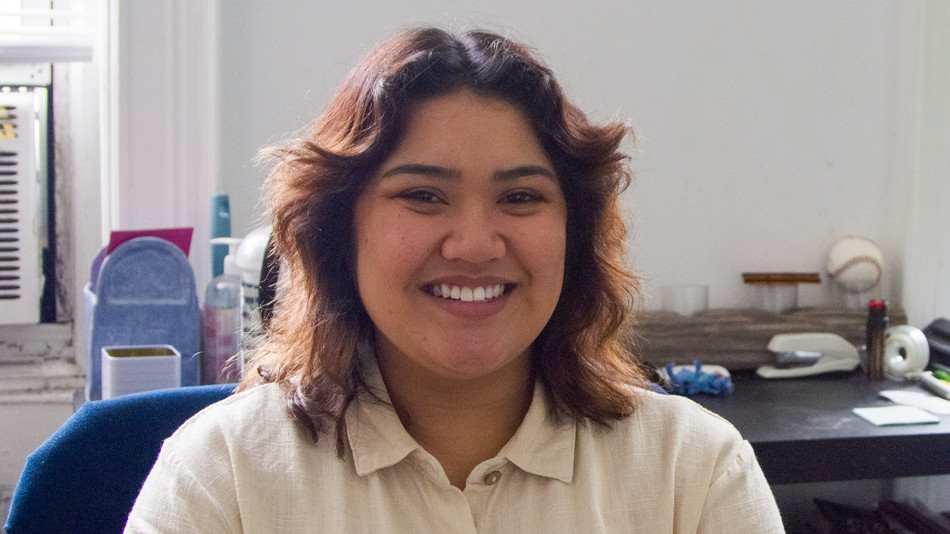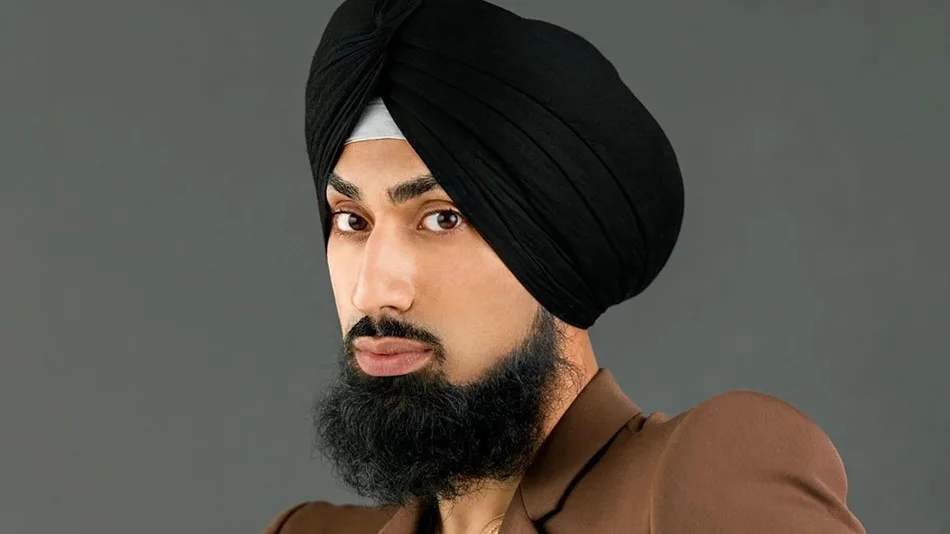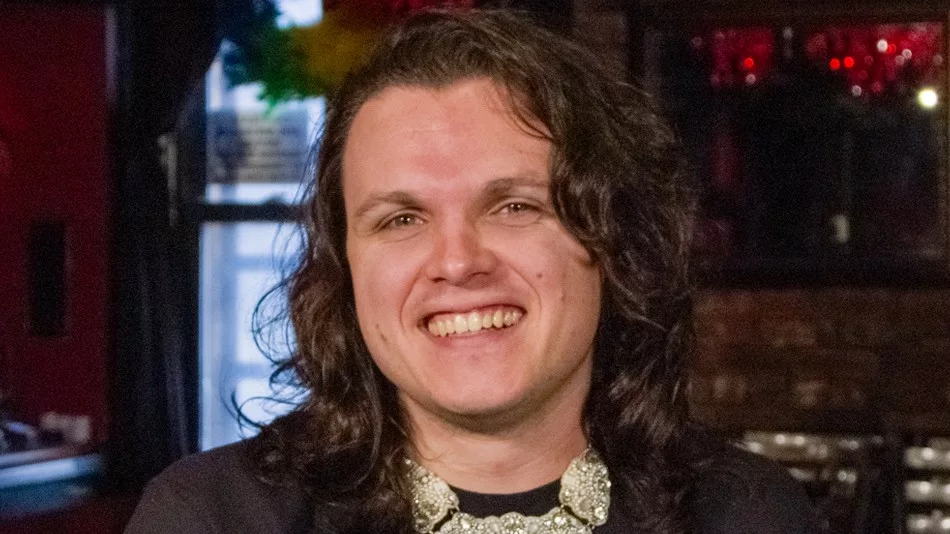My name is Wick Thomas, I’m originally from Drexel, Missouri. It’s where I grew up, spent seventeen years of my life, spent some more time in rural Kansas, in Paola, Kansas. And then I moved to Kansas City when I was eighteen.
Something I don’t like about the Kansas City gay community – I think we are really far behind on a lot of our issues. We’re not really up to speed on trans issues here, “queer” is still not an acceptable term here – there’s just so many issues of identity and social justice that haven’t even been breached here. This last year, I helped organize a protest against the Kansas City Pride group – which a lot of people didn’t really understand why this queer population was protesting the gay pride organization in Kansas City. And there were a lot of reasons for it; the gay pride here is a for profit corporation and they were charging $500 for non-profits to table. They had just started charging entrance fees for everyone involved. The community wasn’t really getting a lot back form any of this. They moved one of their events to the Power & Light District in Kansas City, which is really well known for its racist and classist dress code policy. And its been protested by every group, every civil rights group. The ACLU has protested there, the Urban League, the Urban Summit, NAACP, all of these things have protested the Power & Light District, and so it was a really big deal when our gay pride organization decide to support it and move into the Power & Light District and it was being touted as this great thing because for one night the Power & Light District was going to relax its dress code and let us in, and not get kicked out. Which we saw as a really big insult that one night of the year you’re going to let us in and not get thrown out? Like, great.
We had talked to the Kansas City Star and we were really worried because they require 25 people to be there before they will cover a protest. That’s just their policy. So we were like “Please, just let 25 people show up.” So that this wasn’t all for nothing because there was a lot of fallback about this. And so, the organizers got to my house early and then other people starting showing up that we hadn’t invited to the house which was really awesome because they hadn’t even been told to and they started showing up. And so, by the time we left there were already 23 people and that was just the core people that were going down to help organize everything. And so, by the time we got there – people just started showing up and we really underestimated how much people hated the Power & Light District. We did get a lot of fallback but we just felt like the message was more important that if we are doing queer organizing work we have to be talking about race, and if we have to be talking about class, and we have to be talking about gender – like, you can’t organize around queer issues without talking about those things and it really sucks that it came to the point where we had to protest our own pride here. I mean, I’m not excited about that idea, you know, but it’s not about the corporations accepting the gay identity. That’s not what pride was supposed to be about – it was supposed to be a revolutionary act, and one of defiance, and one of community, and a lot of us had felt like it wasn’t that anymore, and that we needed to expose that. I feel like a lot of the organizations that serve LGBT people in Kansas City feel like they can say things now. I feel like they feel they CAN bring up concerns to the pride group here, because there’s a precedent for it now. I feel like we opened up, we opened up a space for dialogue, I think.








Share